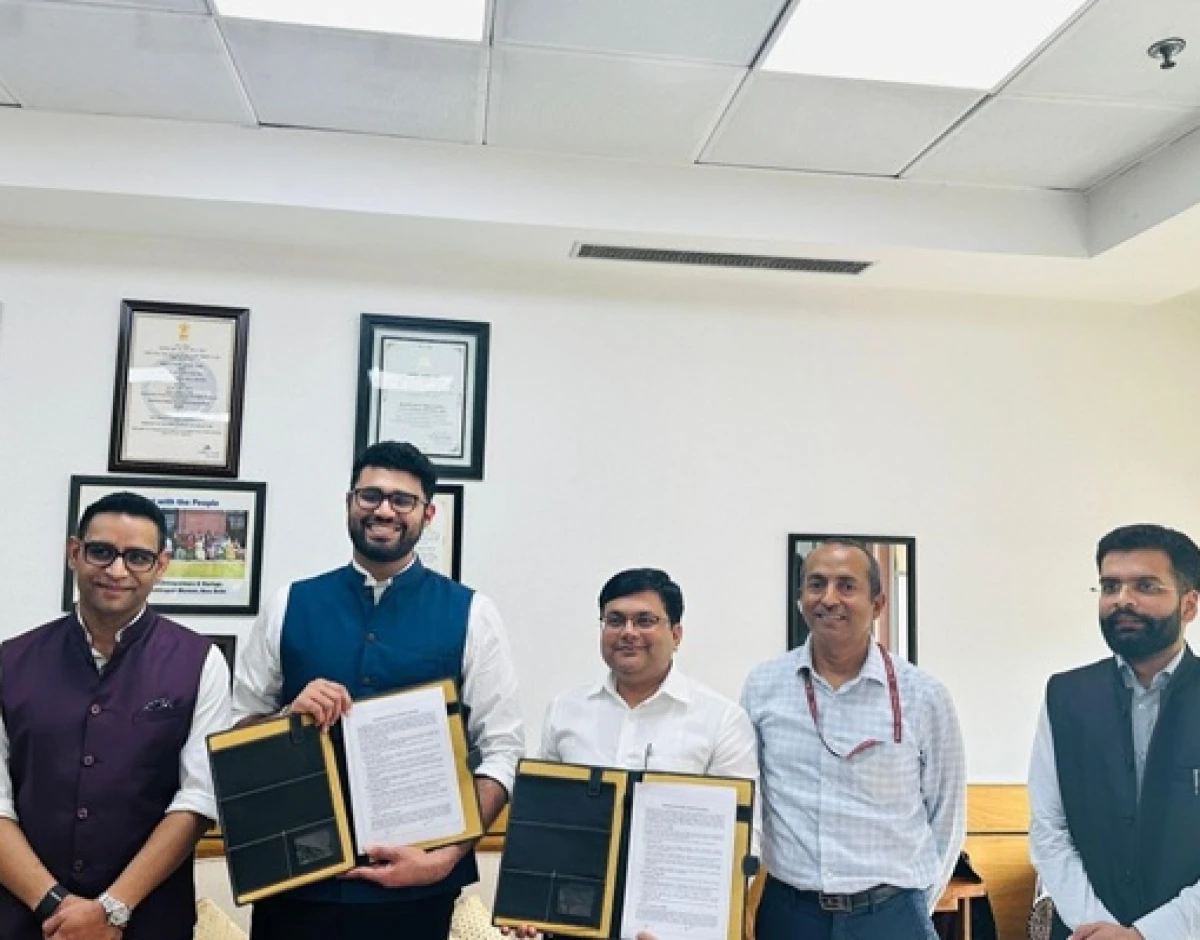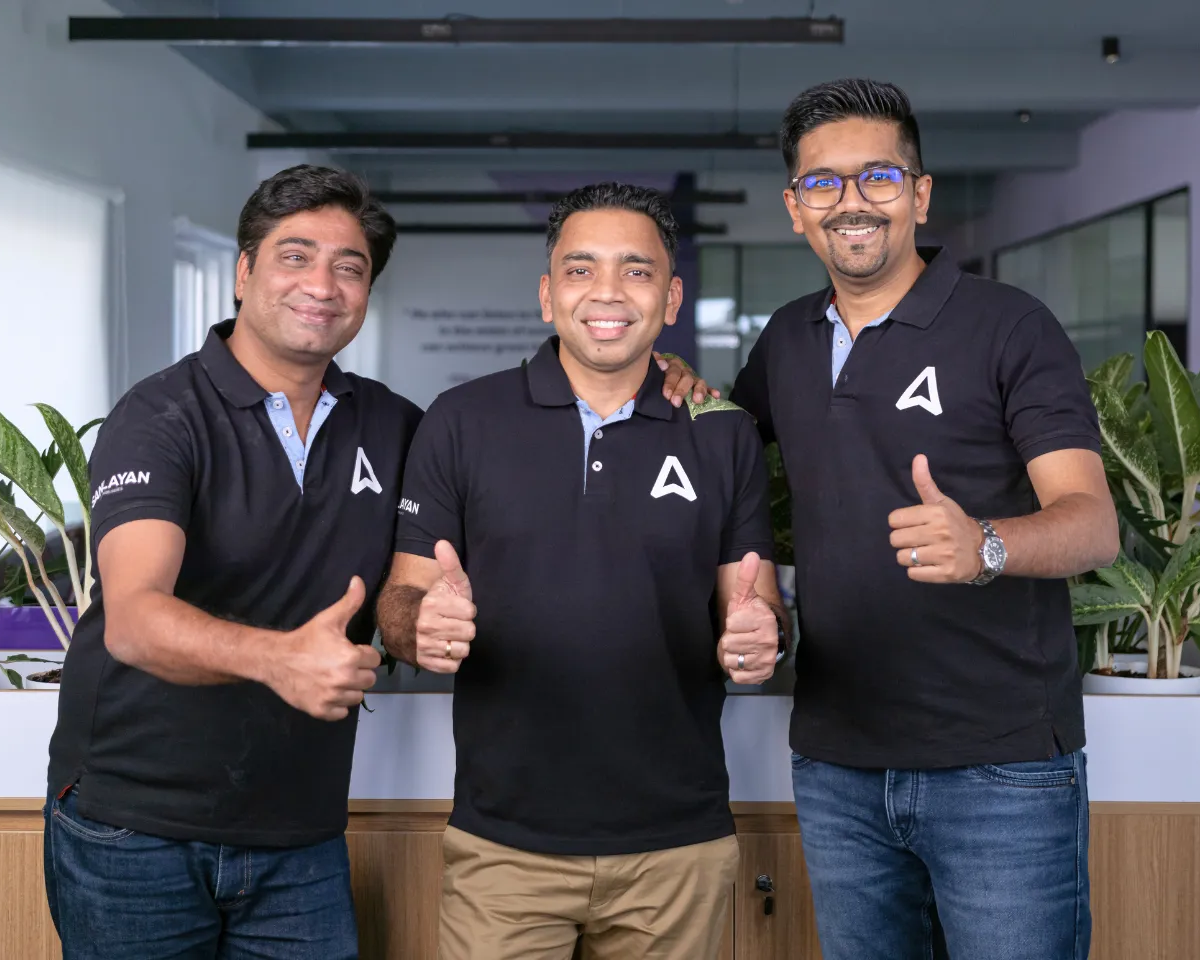The startup scene in India just got a little more exciting — and perhaps a bit more ambitious. The Department for Promotion of Industry and Internal Trade (DPIIT) has teamed up with quick-commerce darling Zepto to turbocharge the growth of early-stage manufacturing startups. And no, this isn’t just another “let’s collaborate and see where it goes” kind of partnership. From the looks of it, both sides are in for some serious action.
The initiative is anchored under DPIIT’s MAARG (Mentorship, Advisory, Assistance, Resilience, and Growth) platform — a mouthful of a name, but essentially, it’s a one-stop mentorship hub designed for startups. Think of it as a matchmaking service for founders and experts, except instead of awkward coffee dates, you get deep-dive sessions on scaling your business, figuring out product-market fit, and navigating the messy world of supply chains.
Table of Contents
Why Zepto?
Some might wonder why a quick-commerce player like Zepto is jumping into manufacturing mentorship. But if you’ve followed Zepto’s journey, it actually makes perfect sense. The company is already one of the fastest-growing names in India’s hyper-competitive 10-minute delivery market. They’re plugged into suppliers, logistics networks, and tech solutions like few others. For small manufacturers, that kind of ecosystem access is pure gold.
More importantly, Zepto sits at the intersection of manufacturing and instant retail — they understand how to move goods from factory floors to customers’ doors at lightning speed. That’s exactly the kind of practical insight many early-stage manufacturing founders need but often can’t find in textbooks or webinars.
What’s in It for Startups?
If you’re a small manufacturer struggling to scale or simply trying to figure out how to modernise your operations, this partnership could be a game-changer. Through MAARG, you’ll be able to tap into a pool of industry experts — people who’ve actually built, run, and scaled businesses, not just theorised about them.
Zepto will reportedly bring in mentors who can help with everything from streamlining supply chains to understanding how to price products competitively in a market flooded with imports. And given how brutal competition can be in categories like packaged food, home goods, and consumer electronics, that kind of insider knowledge could make the difference between steady growth and getting edged out.
Beyond mentorship, there’s the visibility factor. DPIIT’s involvement gives startups access to the broader Startup India ecosystem, which means networking opportunities, potential investor connections, and maybe even a few government-backed incentives.
The Bigger Picture: Manufacturing’s Moment
It’s no secret that the Indian government has been going all-in on manufacturing lately. Between the Make in India push, PLI (Production-Linked Incentive) schemes, and various state-level subsidies, there’s a clear goal: turn India into a global manufacturing powerhouse.
But while large corporations can easily grab these opportunities, small and mid-sized manufacturers often struggle to keep up. Many don’t have the resources to digitise operations, attract top talent, or access premium retail channels. That’s where collaborations like this one can bridge the gap — giving smaller players the tools and know-how they need to compete.
And let’s be honest: manufacturing might not have the same “glam factor” as launching a new AI startup or app, but it’s the backbone of a healthy economy. Without strong manufacturing, you can’t have sustainable retail growth — and Zepto, as a retailer, knows this better than most.
Zepto’s Possible Play
It’s hard not to see a strategic angle here for Zepto. While the official line is all about helping startups, Zepto also benefits by building stronger relationships with local manufacturers. That could mean securing better pricing, exclusive product partnerships, or even custom SKUs (stock-keeping units) designed specifically for quick-commerce channels.
In other words, Zepto isn’t just playing mentor out of goodwill — they’re also making sure they have a steady pipeline of quality, locally made products to offer their customers. Smart move.
A Boost for the Ecosystem
For DPIIT, the partnership aligns perfectly with its broader mission to nurture entrepreneurship across sectors. The MAARG platform has already connected thousands of startups with mentors in various industries, but tying up with a high-growth private player like Zepto gives it more reach and relevance.
The hope is that this model — government meets startup meets manufacturing — could inspire similar collaborations across other sectors. Imagine if big players in sectors like renewable energy, agritech, or healthcare did the same. That could create a multiplier effect, pulling more early-stage businesses into the mainstream economy.
Some Ground Realities
Of course, as with any such initiative, the real test will be in execution. It’s one thing to announce a partnership with great fanfare, and another to ensure that mentorship sessions are actually valuable, follow-ups happen, and startups see measurable growth.
Manufacturing isn’t an overnight success story — it often takes months, if not years, to see the results of operational changes or market expansion strategies. So, while this is an exciting step, it will require sustained effort from both DPIIT and Zepto to make it truly impactful.
And let’s not forget the elephant in the room: India’s manufacturing sector still grapples with issues like inconsistent power supply in certain regions, high logistics costs, and regulatory red tape. Mentorship can help navigate these challenges, but structural reforms will still be key to unlocking the sector’s full potential.
Final Thoughts
This DPIIT–Zepto tie-up might not grab as many headlines as a unicorn funding round, but for early-stage manufacturing startups, it’s a development worth watching. If executed well, it could serve as a blueprint for how government bodies and private startups can join forces to support the next generation of business builders.
And for Zepto, it’s a chance to cement its position not just as a quick-commerce player, but as a strategic enabler in India’s larger business ecosystem. That’s a smart place to be — and perhaps, in a few years, we’ll look back at this as one of the turning points for India’s manufacturing revival.

Rupak Chakrabarty is the Editor at NextWhatBusiness and a business strategy analyst with over two decades of hands-on experience advising small and mid-sized businesses. His work focuses on entrepreneurship, franchise models, business planning, and market behaviour, with an emphasis on practical decision-making over theory. When not writing or consulting, he enjoys adventure sports, speed, and exploring stories behind businesses.



